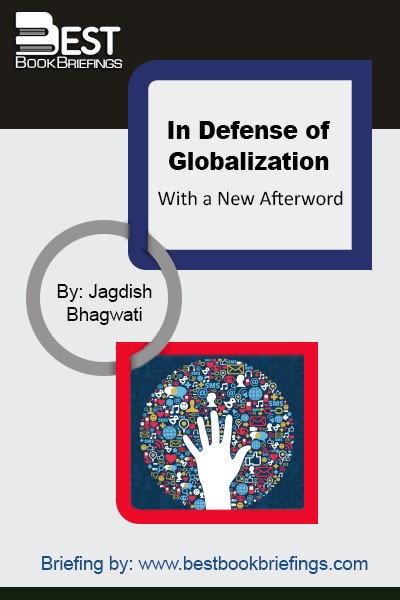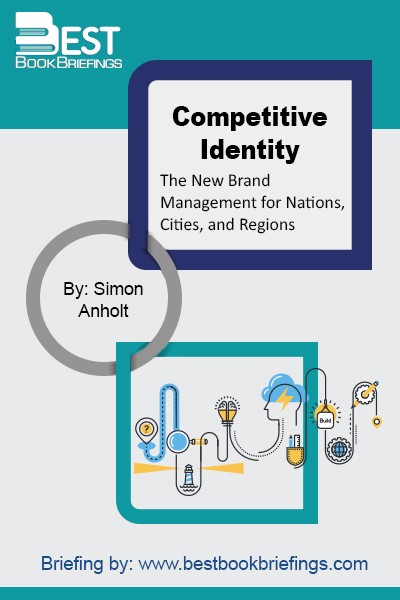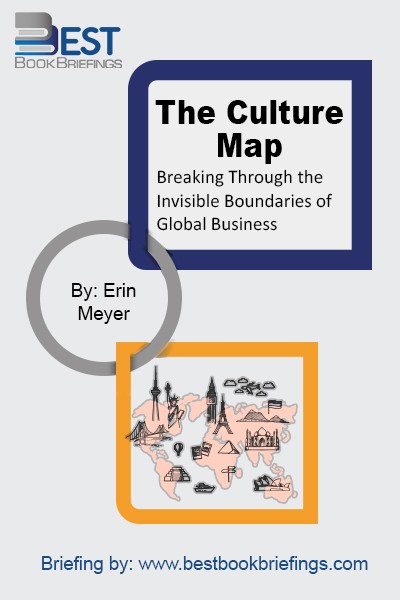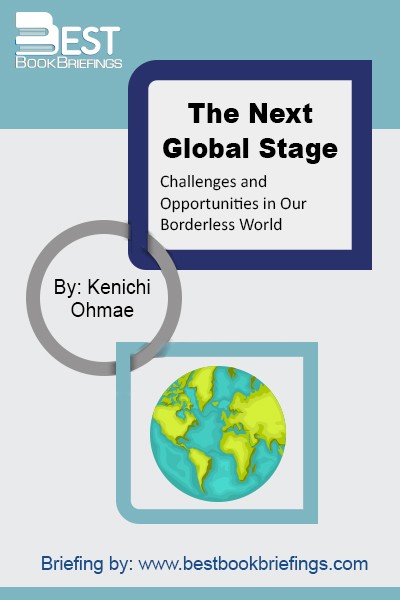The Next Global Stage
Challenges and Opportunities in Our Borderless World
Number of pages: 282
Publisher: Wharton School Publishing
BBB Library: Technology and Globalization
ISBN: 9780131479449
Editorial Review
To realize the current global stage, all you need to do is to look at your dinner table! It’s full of food from the four corners of the World; Salmon from Chile, sauce and spices from Brazil. Your dishes might be from China or Hungary, and glassware from the Czech Republic. Your dinner reveals the stage the global economy has reached today, but how did this dinner reach your table? The simple answer is that globalization has managed to end, surpass and crack many borders that once were considered as traditional and everlasting. Your dinner snack is not the only item that became borderless. Borders around the main three components of the international economy have become borderless, as well.
Book Reviews
Books on Related Topics

When scholars write the history of the world twenty years from now, and they come to the chapter Y2K to March 2004, what will they say was the most crucial development? The attacks on the World Trade Center on 9/11 and the Iraq war? Or the convergence of technology and events

This is not a book about the decline of America, but rather about the rise of everyone else. So begins Fareed Zakaria's important new work on the era we are now entering. Following on the success of his best-selling The Future of Freedom, Zakaria describes with equal prescience a world in

In the passionate debate that currently rages over globalization, critics have been heard blaming it for a host of ills afflicting poorer nations, everything from child labor to environmental degradation and cultural homogenization. Now Jagdish Bhagwati, the internationally renowned economist, takes on the critics, revealing that globalization, when properly governed, is

In such a busy and crowded marketplace, most people and organizations don’t have time to learn about what other places are really like. When you haven’t got time to read a book, you judge it by its cover. We all navigate through the complexity of the modern world armed with a

The vast majority of managers who conduct business internationally have little understanding about how culture is impacting their work. This is especially true as more and more of us communicate daily with people in other countries over virtual media like e-mail or telephone. Culture has impacted your communication, how you understand

Everyone has a natural instinct to be concerned about the future and virtually everyone at various points and in various ways tries to wrestle with the question, “What will the future bring?” Living in a world of apparently rapid change, we are more concerned than ever with the future. So, let’s

The coming era of globalization will unleash a wave of technological, economic, and sociological change that shook West Virginia in the 20th century and the challenges brought on by the Internet and digitalization as I was leaving college 20 years ago. In business areas as far afield as life sciences, finance,



